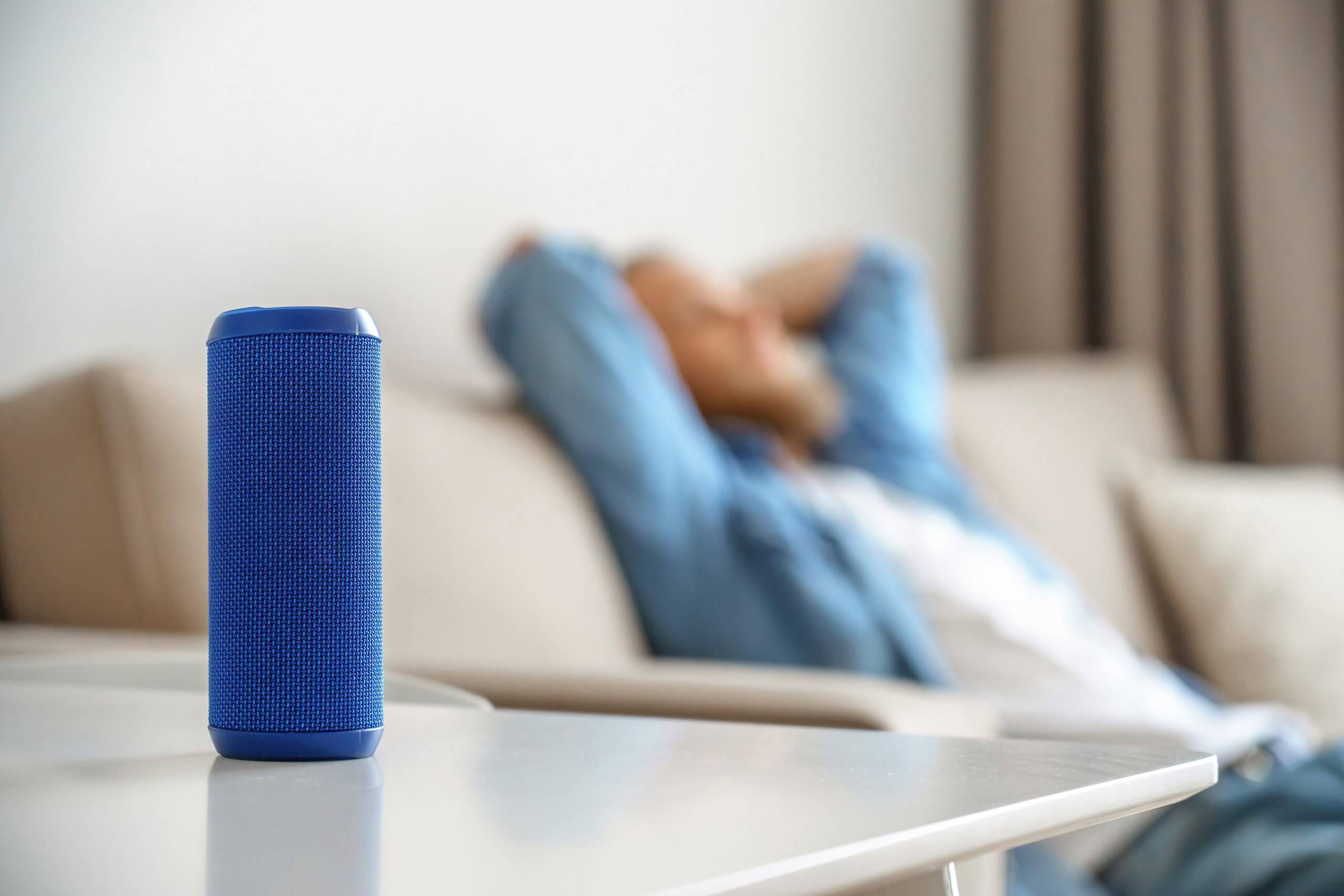As you might imagine – baldness is a very serious problem for anyone who starts suffering from it. After all, while some people shave their heads by choice; no-one really wants to be forced to have no hair. And just like with any other problem – it’s important to learn all of its possible causes, so you could handle it better. When it comes to baldness, there are plenty of potential factors that may affect it – but we’re going to tackle one of the less obvious ones here. More specifically – the connection between minerals and baldness!
Minerals And Health
When people look for the causes of baldness and hair health; they tend to search for very specific causal relations. But though that sort of thing is important to know; people tend to forget that general health is quite important for the quality of your hair as well. People with a well-balanced diet are far less likely to suffer from a variety of issues later in life; including baldness.
So, how do minerals and metals affect our health? Precious metals like platinum, silver, and gold are important for the world economy and thus garner much attention. But they’re far less important for human health. Conversely, many minerals (metals are merely one kind of mineral) are far more crucial to our wellbeing. In fact, many of them are so essential that we simply couldn’t function without them.
Essential Minerals And Their Role
Sometimes we are talking about an extremely small amount of a specific metal; nothing more than a trace quantity. However, having too little or too much could present a negative imbalance in our bodily functions. For example – many essential minerals are used to activate certain enzymes in our bodies.
For instance – calcium is quite an important one, as it’s used to build our teeth and bones. It also enables muscle contraction, blood clotting, and blood pressure regulation. On the other hand, chromium is there to help us maintain a normal level of blood sugar, while also enabling our cells to draw energy from that sugar.
Iron is also crucial, as it creates hemoglobin – the chemical that carries oxygen in our red blood cells; it also makes myoglobin, which is a protein utilized by our muscle cells. It has other roles as well, especially when it comes to enzyme activation.
Dieting And Essential Minerals
While essential minerals are, well – essential, our bodies do not manufacture them. Instead, we get them through dieting. The minerals are found in water, soil, and rocks. And the plants that grow within the ground absorb them, while the animals found in nature eat them afterward.
Apart from natural sources, there are dietary minerals in processed foods too. And any decent drugstore will carry plenty of vitamin and mineral supplements, for people with severe deficiencies.
All of this is important because a balanced mineral intake has a major positive effect on our health – and the health of our hair. So, don’t expect to be immune to balding if you don’t take care of your general health on time.
Biotin and Hair Loss
One of the vitamins that’s known to be related to the health of your hair is biotin – a member of the family of vitamin B. It’s also referred to as Vitamin H. And this is a crucial factor for your body’s conversion of a few specific nutrients to pure energy. Additionally, it has a role to play in the health of your nails, skin, and hair.
If you don’t have a proper biotin intake, there’s a good chance you’ll experience a nasty red rash and/or hair loss. Though, bear in mind that an actual deficiency isn’t that common. People with an averagely balanced diet rarely don’t get enough biotin from their meals.
On the other hand, though, you may be wondering if adding more biotin to your diet will help you with hair growth. Unfortunately, we have to stop you right there – supplements that you take in addition to a regular diet may not have too big of an effect; if you’re taking enough biotin in the first place. Research on hair growth impacts is quite sparse, and the evidence that it can be used to promote further hair growth is pretty limited.
Zinc and Hair Loss
When it comes to zinc and hair loss, it should be noted that a zinc deficiency may result in hair loss; but there are additional symptoms that have to point toward a patient lacking zinc before such a call could be made.
These symptoms include:
- Lessened appetite
- Stunted growth
- Poor immunity
- Night blindness
- Chronic diarrhea
- Hair loss
Zinc has multiple important roles in the biological mechanisms of the human body; this is a widely accepted and well-known fact. On the other hand, much like with biotin, there aren’t many studies that confirm the effect of increased zinc supplementation in hair growth.
The studies centered around the connection between zinc and hair loss largely focus on an autoimmune disease called alopecia areata. This is a disease that, in concert with a zinc deficiency, causes pattern hair loss in men. Considering that, many experts connect pattern baldness with a lack of zinc.
Conclusion
To summarize – there are multiple ways in which minerals have an effect on our hair. Some are more indirect, through general health; while others affect the hair more specifically. Also, some are harmful, while others are beneficial. One thing is certain, though – if you want to take care of your hair over the long term, studying these connections and effects is certainly a wise course of action.





